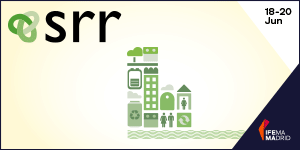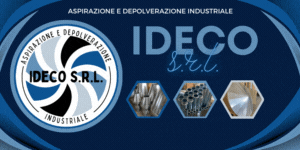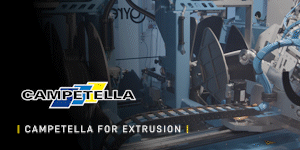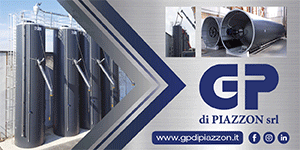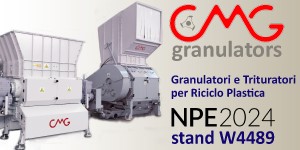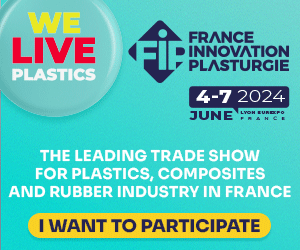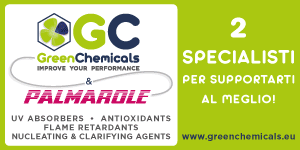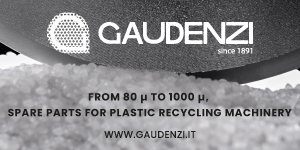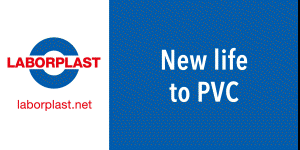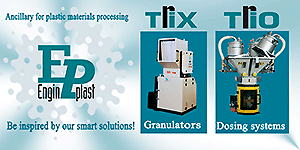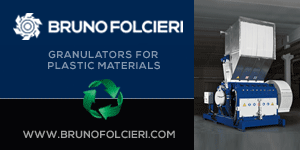Thanks to an investment of approximately 50 million euros, the Hera Group will construct a cutting-edge plant within its own complex. This plant will enable the production of high-quality polymers from plastic waste that was previously difficult to recycle. These polymers will have similar performance to virgin materials, making industries such as consumer electronics and automotive more sustainable.
Construction of one of Europe’s most innovative plants for recycling rigid plastics has begun in Modena. Aliplast, a subsidiary of the Hera Group and a leading company in plastic collection, recycling, and regeneration, will create a state-of-the-art facility. The plant will produce high-quality recycled polymers with characteristics comparable to those of virgin materials obtained from fossil fuels. The Hera Group is supporting a total investment of approximately 50 million euro, with 7.7 million euro being financed through PNRR funds. The work is expected to be completed by the end of 2025.
The construction site began a few days ago on land owned by Herambiente, a Hera Group company and the leading national operator in waste treatment, within the Modena plant hub (located in Via Cavazza). The new plant is part of a context that will allow industrial synergies oriented towards sustainability to be exploited, alongside the waste-to-energy plant and the wastewater treatment plant already managed by the multi-utility.
Today, the project was presented in the presence of Modena Mayor Gian Carlo Muzzarelli, Hera Group CEO Orazio Iacono, and Aliplast CEO Carlo Andriolo.

The plant is state-of-the-art and can produce 30,000 tonnes of recycled polymers annually.
When fully operational, the new plant will produce up to 30,000 tonnes of high-quality recycled polymers per year from rigid plastic waste. This type of waste is particularly difficult to recycle efficiently, especially from sectors such as consumer electronics and automotive.
Even if these polymers are recycled, they will still be pure enough to be reused in their original compartments with similar performance to virgin materials. Aliplast’s method involves upcycling, which regenerates the starting polymer and improves its quality, resulting in high-quality characteristics. The plastics produced by the plant can now meet the needs that were previously met only by virgin raw materials. This will increase sustainability even in sectors with significant environmental impacts. When the plant is fully operational, it will recycle enough plastic in one year to save the environment from emitting around 30,000 tonnes of CO2 equivalent.
The design of the new plastics recycling plant was developed based on the engineering and technology expertise of NextChem, the Maire Group’s subsidiary for sustainable technology solutions.
A production process based on the circularity of resources
The new plant is part of an already consolidated Hera Group plant hub and will thus be able to exploit the potential of different business lines. In particular, it will be powered by the electricity produced by the nearby waste-to-energy plant, while the production process will use the water coming out of the purification plant, and then feed it back into the same, thus closing a virtuous circle.
The recycling plant for rigid plastics will ensure high standards of safety and innovation. Automation and digitalisation of processes will maximise energy efficiency. The processed plastics will be sourced mainly from waste already processed by the Hera Group through Herambiente or from local production.
The Hera Group’s path to the circular economy and decarbonisation
The new rigid plastics recycling plant is part of the path that the Hera Group has been following for some time to promote the circular economy and decarbonisation. Also in the 2023-2027 business plan, Hera Group confirms its commitment to promoting and supporting the ecological transition of the areas it serves with initiatives aimed at citizens, public administrations and industrial customers, making available its extensive plant equipment and the know-how acquired in the various business sectors. In particular, the multi-utility has earmarked EUR 1.7 billion – or 39% of the overall investment total of EUR 4.4 billion – to feed projects dedicated to the circular economy and the regeneration of resources.
Moreover, thanks also to the development of new state-of-the-art plants such as this one in Modena, the Group aims to further consolidate its position in the environment area, a sector in which the subsidiary Aliplast, already a national market leader in the high-quality recycling of PET (polyethylene terephthalate recycled in granules and flakes) and LDPE (low-density polyethylene recycled in granules) polymers, aims to play a key role also in the recycling of rigid plastics.
“We are proud to present this project which, in addition to strengthening our plant fleet, will give a further boost to the important contribution that the Hera Group has been making to the Italian recycling industry for years. In the current context, there is an increasing demand from companies for increasingly sustainable solutions for the treatment and recovery of waste that guarantee the closure of the cycle with a view to the circular economy. – explains Hera Group CEO Orazio Iacono – A new generation of plant capacity is therefore needed at national level, to which we are responding with tangible and innovative projects. In particular, this plant will be a flywheel for the achievement of resource circularity goals, especially in sectors such as the consumer electronics and automotive industries, also with the aim of promoting increasingly circular and short Italian supply chains. It is a project that is part of the initiatives envisaged in the Industrial Plan to meet the 2030 objectives in terms of circular economy and decarbonisation, and is an integral part of our path aimed at accompanying the communities served towards the green transition, in line with our corporate purpose”.
“With this project, we are further committing to sustainability and ecological transition in our urban and environmental choices.- underlines the mayor of Modena, Gian Carlo Muzzarelli. – The project aims to provide new employment opportunities and support the circular economy in the area. It is part of the PNRR resources that contribute to achieving the ecological transition, along with the Hydrogen Valley project. This is in line with the municipality’s goals for direct interventions as outlined in the Next Generation Modena plan, which is progressing as intended”.











